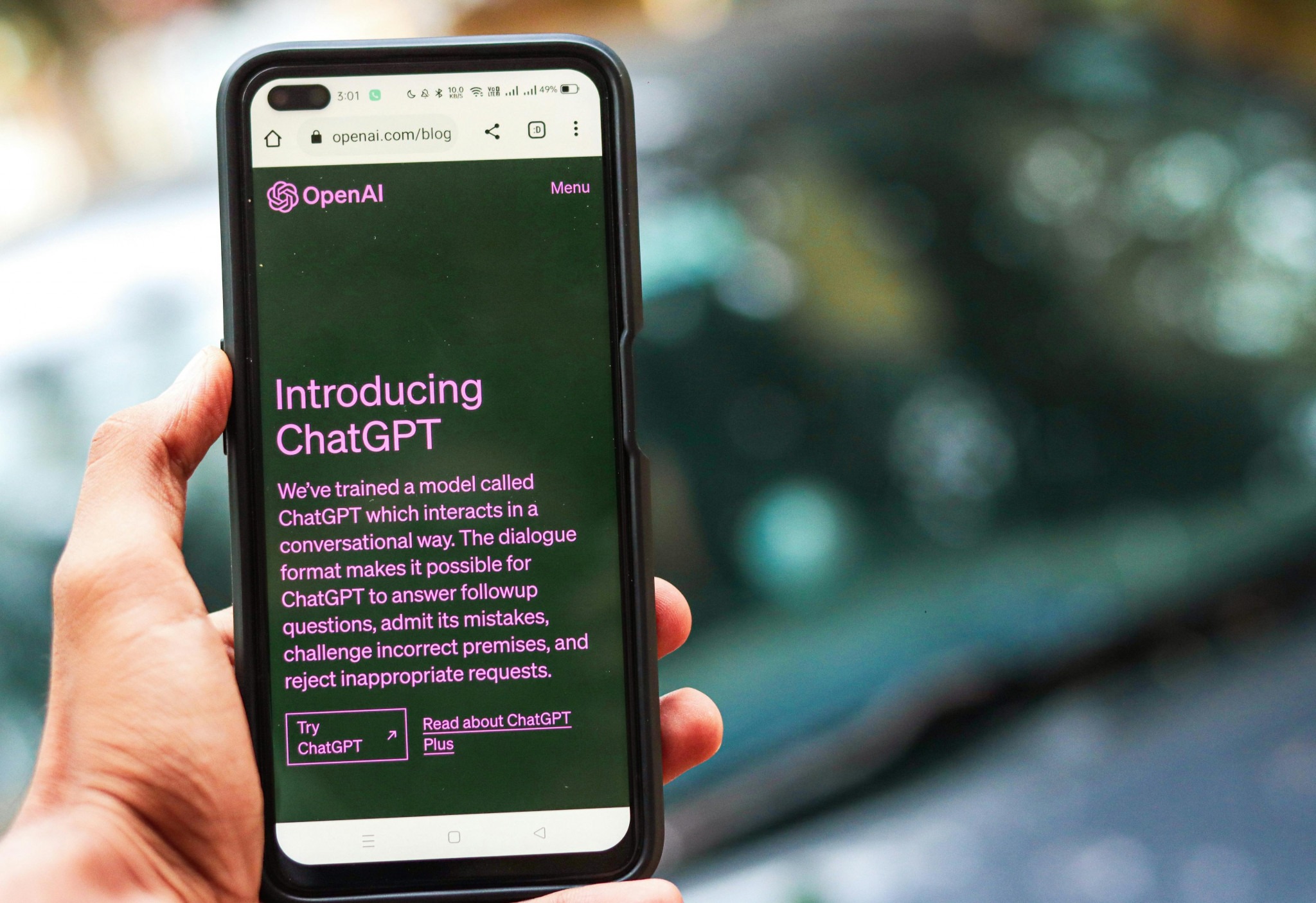Can AI plan a typical student day?
As students, few of us go through life without tackling the ever-present challenge: how do we make the most of each day (preferably without losing our sanity)? From lectures and seminars to societies, sports, and dinners (or let’s be honest, just catching up on sleep) our schedules are a tightrope walk between productivity and overwhelm. So, can AI help us walk that tightrope more gracefully? To find out, I decided to bring an AI assistant into the mix and ask it to design my typical student day.
My first job – choosing an AI: enter ChatGPT. A quick trip to Wirecutter’s article comparing AI-powered scheduling assistants revealed that the best planners are the ones that use AI the least, stating that they demand too much manual effort to be worth it. Indeed, their recommended option, Sunsama, stands at a price of £15 per month. This is hardly within a student’s budget! But ChatGPT, as a (free!) general-purpose AI available to students, is already serving as a study companion for many, and not just for classes, but for meals, assignments, and pretty much everything else.
I prompted ChatGPT with a generic weekday scenario and here’s an excerpt of what it suggested:
- 8 AM–9 AM – Morning routine and breakfast
- 9 AM–12 PM – Lectures
- 12 PM–1 PM – Lunch and mental reset
- 1 PM–3 PM – Study or library time
- 3 PM–4 PM – Break or casual walk
- 4 PM–5:30 PM – Assignment drafting or informal revision
- 5:30 PM–6 PM – Wind-down/prep for society
- 6 PM–8 PM – Society activity or event
- 8 PM–9 PM – Dinner and reflection
- 9 PM–10:30 PM – Light studying or relaxing
- 10:30 PM – Bedtime prep
When testing this plan and applying it to my typical student day, I found the built-in breaks were helpful for preventing burnout. However, the plan is generic. While ChatGPT does alleviate some of the mental labour, it can’t predict a spur-of-the-moment trip to the campus shop for a sweet treat, or a surprise call from your parents. One change and the plan is made redundant. Though the software is adaptable, constantly updating it with alterations can be exhausting, and could end up just being a waste of your precious time. Another limitation of ChatGPT is that it doesn’t offer reminders for events, something I (as someone with a sieve for a brain) struggle without!
[ChatGPT’s] new study mode, focused on active learning and not just giving answers, is gaining traction among students navigating dense academic content
In terms of practical advice for new students hoping to survive the chaos of Freshers’ Week and their first year, my verdict favours using a calendar app. Manually inputting your tasks encourages a focus on deadlines and priorities, and for me personally, the extra half hour of consciously organising helps in the long term. I schedule notifications to remind me of events, and use a colour coding system which, admittedly, borders on extreme: red for deadlines, orange for socials, yellow for lectures, green for errands, blue for seminars, and purple for anything else! I put a ‘tick’ emoji in front of every completed task to trick myself into thinking I have my life together. In short, find what works for you (however strange it might be) and stick to it.
In the end, ChatGPT can be an effective conversational partner for structuring your commitments, offering a starting schedule that’s sensible and flexible. Student testimony show ChatGPT is appreciated for summarising complex info, building study plans, and offering productivity aids. Its new ‘study mode’, focused on active learning and not just giving answers, is gaining traction among students navigating dense academic content. If you’re someone who struggles with starting or structuring your day, AI could be a useful tool to help. It’s not infallible, but it’s remarkably helpful.
My method would be to start with a prompt. Tell it about your classes, societies, and energy levels, then refine the results by asking it to tweak timings, add breaks, or split tasks. You may want to consider travel time and workload realism, as well as pairing AI with a calendar for reminders.
In short, AI won’t replace the human judgment needed for navigating student life and studying, but it can be a flexible guide for your daily routine. And if it saves you even 10 minutes of mental effort each morning, then consider that a win!

Comments